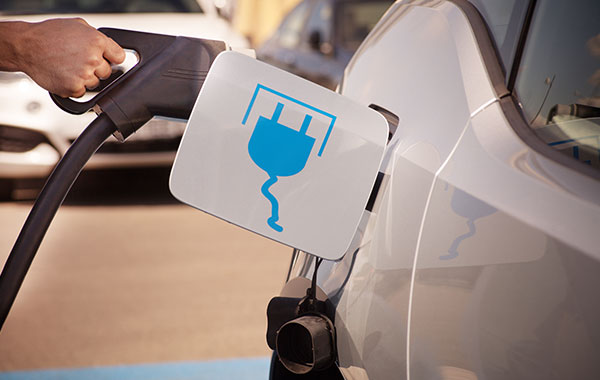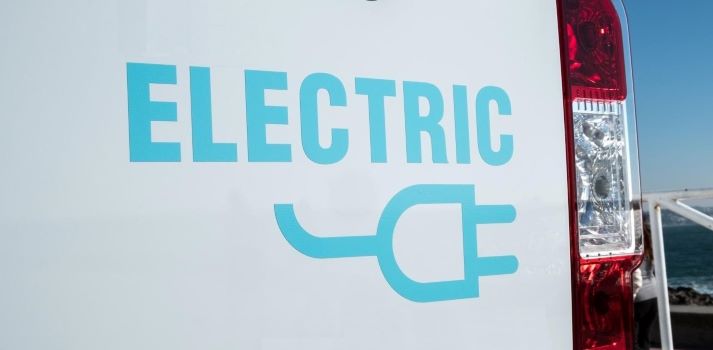Last year, 108,837 cars with electric drive systems were newly registered in Germany. This is an increase of 61 percent compared to the previous year. The share of electric vehicles in the overall market rose to exactly 3 percent (2018: 1.9 percent). In the last month of the year, new registrations of electric vehicles rose particularly strongly: up 98 percent to 11,360 units.
Alternative drives experienced strong growth overall last year: The Federal Motor Transport Authority registered 317,617 new passenger cars with alternative drives, including not only electric cars but also hybrids and gas-powered cars. The increase here is as high as 75 percent. This means that cars that are not powered exclusively by a conventional diesel or gasoline engine have achieved a market share of 8.8 percent, after a good 5 percent in 2018.
Reinhard Zirpel, President of the Association of International Motor Vehicle Manufacturers (VDIK) emphasized: “Alternative engines have made a breakthrough in 2019. Almost every tenth car had an electric, hybrid or gas engine. Next year, this share will continue to rise, up to 15 percent.”
Among the electric vehicles, new registrations of battery electric passenger cars (BEV) in particular rose sharply. In the course of the year, 63,281 BEVs were sold (plus 76 percent). In addition, 45,348 new plug-in hybrids (PHEVs) were added. Here the increase was 44 percent. In addition, 208 new fuel cell vehicles (FCEVs) were registered for the full year (plus 38 percent). These vehicles are 99 percent from international manufacturers.
Zirpel: “More than 100,000 new registrations show Electric cars are emerging from their niche in Germany. The international manufacturers are also trendsetters in electric mobility”. The best-selling battery electric car in 2019 comes from a VDIK company. The plug-in hybrid with the highest registration was an imported car. Even fuel cell vehicles ready for series production are currently only available from international manufacturers. Next year, at least 160,000 new electric vehicles are expected to be registered in Germany.
A list of electric vehicles from international manufacturers with currently about 50 e-models available on the market can be found here.
| December | January – December | |||||
|---|---|---|---|---|---|---|
| Units | +/- (%) | Units | +/- (%) | Share of total car market | International brands (VDIK) | |
| BEV | 5,748 | 50 | 63,281 | 76 | 33 | |
| PHEV | 5,580 | 198 | 45,348 | 44 | 32 | |
| FCEV | 32 | 78 | 208 | 38 | 99 | |
| Elektric Vehicles (total) | 11,360 | 98 | 108,837 | 61 | 3,0 | 33 |
| Hybride | 17,995 | 116 | 193,901 | 96 | 39 | |
| CNG | 737 | 153 | 7,623 | -29 | 57 | |
| LPG | 97 | -83 | 7,256 | 56 | 95 | |
| Alternative Drivetrains (total) | 30,189 | 102 | 317,617 | 75 | 8,8 | 39 |
Glossary
Electric vehicles: BEV, PHEV and FCEV
BEV, Battery Electric Vehicle
PHEV, Plug-In Hybrid Electric Vehicle
FCEV, Fuel Cell Vehicle, hydrogen vehicle
HEV, Hybrid without plug or non-rechargeable
CNG, Compressed Natural Gas
LPG, Liquified Petroleum Gas



